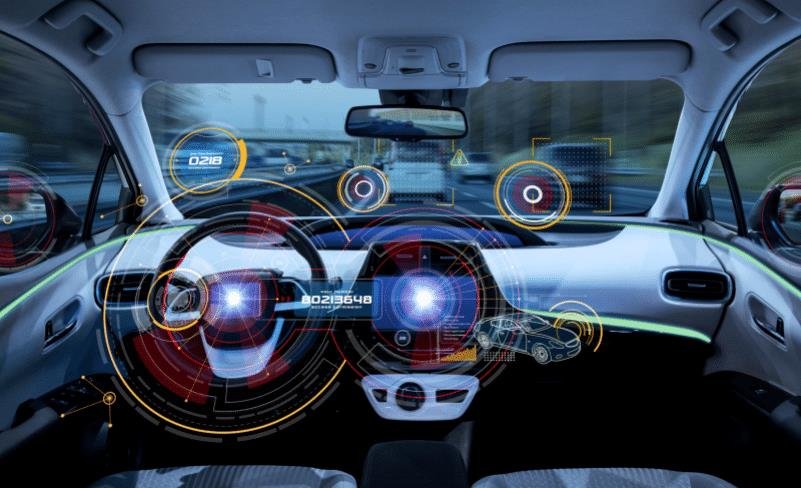The automotive industry is undergoing a radical transformation as software becomes the key driver of innovation and differentiation. Software-defined vehicles (SDVs) are the future of mobility, offering customers the freedom to remotely upgrade the performance and functionality of their vehicles anytime, anywhere.
Software-defined vehicles are vehicles that can be controlled, customized, and updated by software, rather than hardware. SDVs use a common platform that integrates various components and systems, such as sensors, cameras, radars, actuators, and controllers. The platform is powered by a connected car operating system (ccOS) that enables over-the-air (OTA) software updates and data processing.

SDVs can offer customers various benefits, such as:
- Enhanced safety, convenience, connectivity, security, and driving performance
- Personalized services and features based on customer preferences and needs
- Continuous improvement and innovation of vehicle functions and capabilities
- Reduced maintenance costs and environmental impact
Hyundai Motor Group Leads the Way
Hyundai Motor Group (the Group), which includes Hyundai, Genesis, and Kia, has announced a new global strategy to transform all vehicles to SDVs by 2025. The Group is the first in the industry to set such an ambitious goal, aiming to deliver an unprecedented era of mobility via constantly evolving software technology.
The Group has developed its own ccOS, which will offer customers personalized services and process data at blazing speeds. The ccOS will also enable OTA software updates for all models by 2025, keeping all vehicles up to date. The Group expects 20 million vehicles to be registered to its connected car service worldwide by 2025.
The Group will also introduce vehicles in 2025 based on its two new EV platforms, eM and eS. The new EV platforms will be created under the Group’s Integrated Modular Architecture (IMA) system, which will standardize and simplify the development process and reduce costs.
The Group will invest heavily in software technology to integrate hardware and software technologies and enhance its internal capabilities. The Group will establish a new Global Software Center to develop software-defined mobility devices and solutions, surpassing the vehicle market to enter the mobility and logistics market. The Group will also invest 18 trillion won by 2030 in its Global Software Center and R&D HQ to bolster its software capabilities for SDV development.
A Paradigm Shift in Mobility
The Group’s vision of SDVs is not limited to vehicles, but extends to the entire mobility ecosystem. The Group will leverage its connected car data to network with future mobility solutions, such as purpose-built vehicles (PBVs), advanced air mobility (AAM), robotaxis, and robots. The Group will also create an open ecosystem and deliver innovative services by partnering with diverse industries, such as logistics, accommodation, leisure, and entertainment.
The Group’s Chairman Euisun Chung said, “By transforming all vehicles to Software Defined Vehicles by 2025, Hyundai Motor Group will completely redefine the concept of the automobile and take the lead in ushering in a never-before-experienced era of mobility.”
The Group’s strategy of SDVs is a bold and visionary move that will reshape the automotive industry and the mobility landscape. Software-defined vehicles are the next frontier of mobility, offering customers unparalleled value and possibilities.
